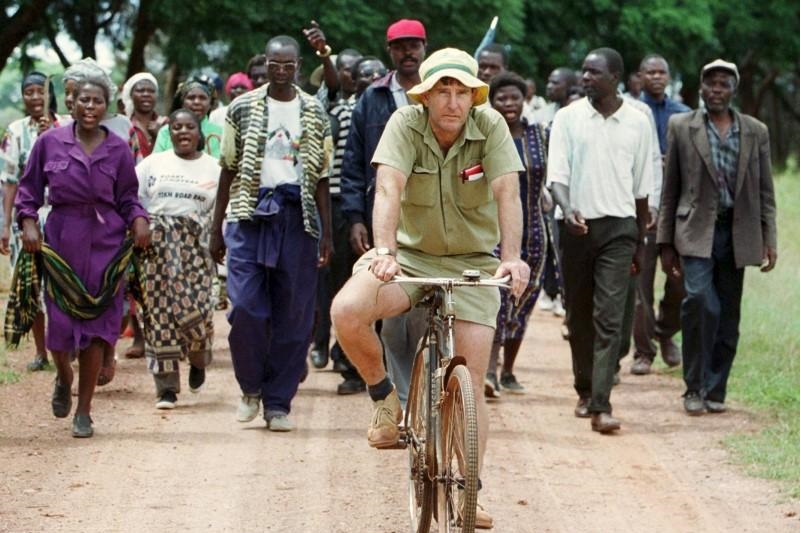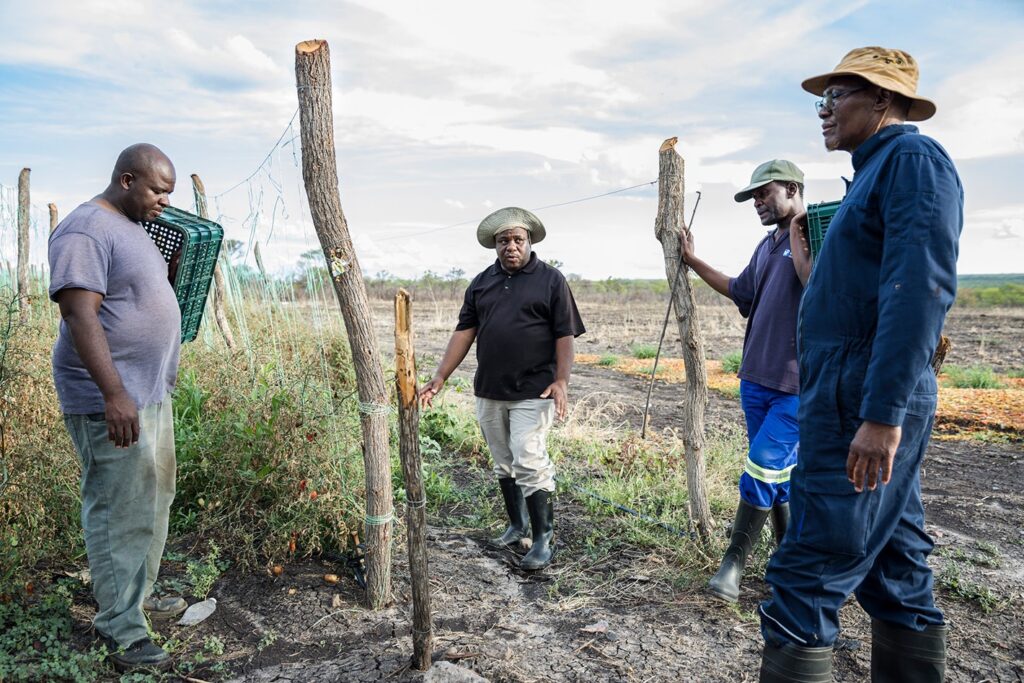Zimbabwean President Emmerson Mnangagwa on Friday unveiled a new land policy enabling Black farmers to gain direct ownership of farmland seized from white farmers during the country’s contentious land reforms. The policy allows beneficiaries to sell their land or use it as collateral for bank loans, a significant shift in Zimbabwe’s approach to land tenure.

Under the new framework, land ownership can only be transferred between “Indigenous Zimbabweans,” referring to Black citizens, with government approval. Previously, resettled farmers were prohibited from transferring or selling land, as it was deemed state property.
The land reforms, initiated in 2000 under the late President Robert Mugabe, saw tens of thousands of Black farmers occupy white-owned farms. Mugabe argued the reforms were necessary to correct colonial-era injustices that concentrated most fertile land in the hands of a white minority.
However, the resettled farmers were unable to use their land as collateral, leaving banks unwilling to provide loans. This restriction hindered agricultural productivity and contributed to Zimbabwe’s economic decline.

At an event near Kwekwe city, Mnangagwa distributed title deeds to a handful of farmers, including himself, symbolizing the policy’s official launch. He also announced the establishment of a technical committee to expedite the issuance of deeds to other resettled Black farmers.
“This policy will unlock the value of our land, making it bankable and transferable,” Mnangagwa said, emphasizing that secure land tenure would enable farmers to access credit facilities and elevate many out of poverty.
The land reforms forcibly displaced approximately 4,500 white farmers, often through violent means led by independence war veterans. Human Rights Watch documented cases of assault, rape, and killings during the seizures.

The upheaval devastated Zimbabwe’s commercial farming sector, transforming a once self-sufficient agricultural economy into one reliant on donor aid. Although agricultural output has improved in recent years, droughts remain a significant challenge.
Mnangagwa expressed optimism that the new policy would address financing issues, enabling farmers to invest in productivity and infrastructure.
In a related move, Finance Minister Mthuli Ncube announced in October that Zimbabwe would compensate local and foreign white farmers for land and property lost during the land seizures.



